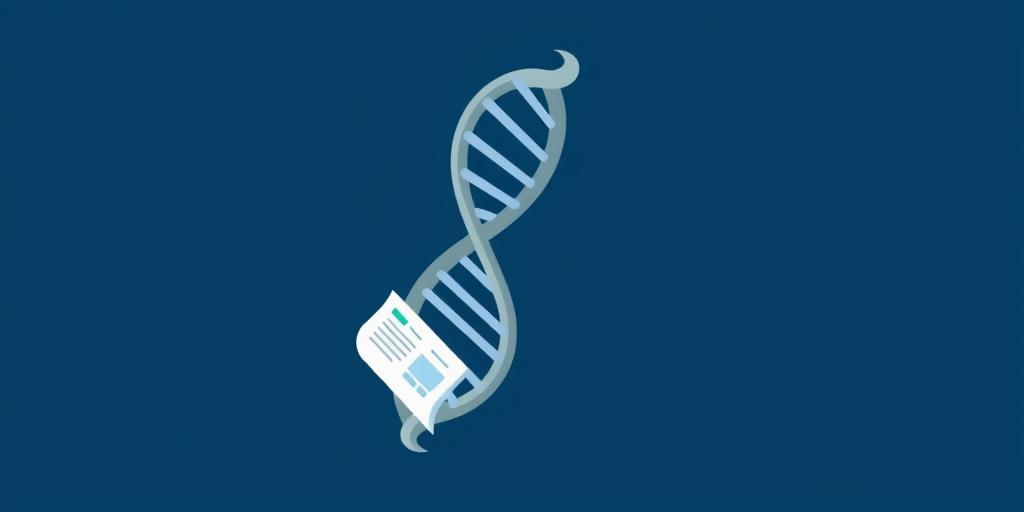The Ethics and Policy of Genetic Data
Genetic data has revolutionized healthcare, offering unprecedented insights into disease predisposition, personalized medicine, and ancestry. However, the collection, storage, and use of genetic information raise profound ethical and policy challenges that demand careful consideration. This article delves into the complex landscape surrounding genetic data, exploring the ethical dilemmas and policy frameworks that govern its use.
Ethical Considerations
Privacy and Confidentiality: Genetic data is highly personal and can reveal sensitive information about an individual and their family members. Protecting the privacy and confidentiality of this data is paramount. Concerns arise regarding unauthorized access, data breaches, and the potential for discrimination based on genetic predispositions.
Informed Consent: Obtaining informed consent is crucial for any genetic testing or research. Individuals must understand the potential risks and benefits, as well as how their data will be used and shared. Special considerations are needed for vulnerable populations, such as children or individuals with cognitive impairments.
Data Ownership and Control: Determining who owns and controls genetic data is a complex issue. Individuals have a right to control their own genetic information, but researchers and healthcare providers also have legitimate interests in using the data for scientific and medical advancements. Striking a balance between individual rights and the public good is essential.
Genetic Discrimination: Genetic information can be used to discriminate against individuals in various contexts, such as employment, insurance, and education. Laws and policies are needed to prevent genetic discrimination and ensure equal opportunities for all.
Reproductive Technologies: Genetic testing and screening are increasingly used in reproductive decision-making. Ethical concerns arise regarding the potential for eugenics, the selection of desirable traits, and the impact on individuals with genetic conditions.
Policy Frameworks
Data Protection Laws: Many countries have enacted data protection laws that govern the collection, storage, and use of personal data, including genetic information. These laws typically require informed consent, data security measures, and restrictions on data sharing.
Genetic Nondiscrimination Laws: Several countries have enacted laws specifically prohibiting genetic discrimination in employment and insurance. These laws aim to protect individuals from being denied opportunities or benefits based on their genetic predispositions.
Research Regulations: Research involving human subjects, including genetic research, is subject to strict regulations. These regulations typically require ethical review, informed consent, and data privacy protections.
International Guidelines: International organizations, such as the World Health Organization (WHO) and UNESCO, have developed guidelines and recommendations on the ethical and policy aspects of genetic data. These guidelines provide a framework for countries to develop their own national policies.
Challenges and Future Directions
Data Sharing and Collaboration: Sharing genetic data is essential for advancing scientific research and improving healthcare. However, data sharing must be done in a responsible and ethical manner, with appropriate safeguards to protect privacy and confidentiality.
Emerging Technologies: New technologies, such as CRISPR gene editing and direct-to-consumer genetic testing, raise new ethical and policy challenges. These technologies require careful evaluation and regulation to ensure they are used safely and ethically.
Public Engagement: Engaging the public in discussions about the ethical and policy implications of genetic data is crucial for building trust and ensuring that policies reflect societal values.
Global Harmonization: Harmonizing policies and regulations across countries is essential for facilitating international research collaborations and ensuring that genetic data is used ethically and responsibly on a global scale.
Conclusion
The ethical and policy implications of genetic data are far-reaching and complex. As genetic technologies continue to advance, it is essential to develop robust ethical frameworks and policy frameworks that protect individual rights, promote scientific progress, and ensure equitable access to the benefits of genetic information. By addressing these challenges proactively, we can harness the power of genetic data to improve human health and well-being while upholding fundamental ethical principles.









